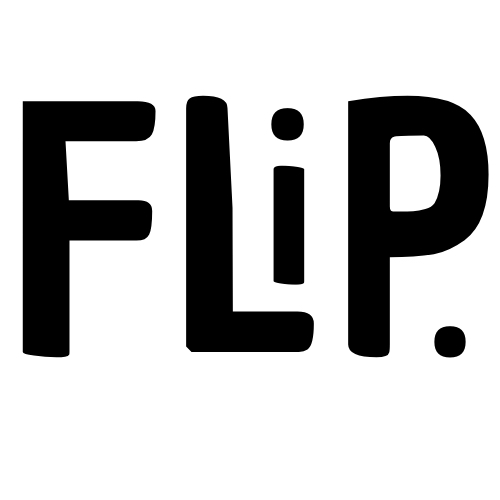Accommodation
Hopefully you sorted something temporary before you landed (hotel, AirBnB, friends couch etc.), so next comes finding something long term. Usually rental properties will be managed through local real estate agencies so unless you’ve got something arranged through your boss or colleagues at work just pop in to your local agent and they’ll let you know what documentation they’ll require for your application and help you search for something that suits your needs.
Phone
There are heaps of cheap pre-paid deals around with the major telco companies thanks to some healthy competition. You can keep your own phone and grab a cheap sim card that gets you plenty of data, local texts and calls for maybe $20-30AUD a month. Don’t worry about international calls, save your money and use Facetime, Messenger, Skype, Zoom and WhatsApp. The major phone companies in Aus are Telstra, Optus, Vodafone and Virgin, and you can easily pick up a sim card from their shop fronts as well as major supermarket chains (Woolworths, Coles etc.), the post office, and some convenience stores.
Bank Account
One downside to life down under is that things are expensive. Luckily wages are relatively high too, so you’ll need somewhere to pay all your hard-earned Aussie dollars into. The ‘Big 4 Banks’ are Commonwealth Bank, Westpac Bank, ANZ and NAB, with other big players being ING, St George, HSBC and ME Bank, as well as a few smaller local branches in different states. I’m sorry I can’t tell you about applying for an account as a new arrival, but there will be plenty of information on these individual bank’s websites. You can’t go too far wrong if you sign up with any of these (** Disclaimer I’m not paid by any of them, so this is very impartial advice!). As a minimum you’ll need some sort of everyday transaction account with a linked debit card, and you may find an additional high interest savings account helpful depending on your circumstances. I recommend you take along copies of:
- Your passport
- Visa details
- Any other documents the bank requests
Tax File Number
You’ll need to apply for a Tax File Number (TFN) with the Australian Tax Office (ATO). This is the number that identifies you and keeps track of all of your income tax payments which will be automatically deducted by your employer each pay. Head to the ATO website to get one by applying online with your passport and visa details. When you get this number you should keep it private and only supply it to the ATO, your employer, your bank, your tax agent, and your super fund (see below).
Superannuation Fund
Sticking with the money theme, superannuation or “super” is money put aside for your retirement, like a pension. Currently your employer must make a compulsory contribution of 9.5% on top of your wages to your elected super fund so that you are setting money aside for when you retire. Your super fund will attempt to grow your money by investing it on your behalf into things like shares, bonds, property and international markets, and you’re able to elect which super fund you would like to use. Your employer may automatically enrol you in a fund, but you are able to switch this at any time. Do your research into super funds, find out who charges the lowest fees and offers the investment options you’d like, and also what the process will be to withdraw that money if you do leave Australia to return home I suppose!
Medicare/Health Insurance
Australia offers free public health care under the Medicare scheme. You’re eligible to apply for a Medicare Card if you’re an Aussie citizen, a permanent resident, or here under certain visa subclasses.
Australia also has reciprocal healthcare agreements with a few nations that will cover part or all of your treatment costs in a public hospital or public outpatient setting if you become sick or get injured. Check the specific details on the Australian Government Services website if you’re from Belgium, Finland, Italy, Malta, the Netherlands, New Zealand, Norway, the Republic of Ireland, Slovenia, Sweden or the UK.
If you’re not covered under these agreements, you should definitely make some enquiries about obtaining health insurance while you’re here.
Drivers Licence
In Australia you’re allowed to drive with your current valid drivers licence from your home country, except in the Northern Territory. The exact rules and timeframes to obtain an Aussie licence will vary depending on the state you move to, so check the local guidance on the Government website for the State or Territory you’ll be living in (QLD, NSW, Vic, ACT, Tas, SA, WA, NT).
Get familiar with the local slang
Finally, see if you can figure out what we are on about! It’s hilarious to see someone hearing or saying some of our weird lingo for the first time, but Aussies are all about having a go so get in there and give it a crack. G’day, arvo, barbie, footy and ‘Straya are some of our staples, but you’ll realise pretty quickly that we’re pretty lazy and just nickname everything!
< Back to Australia
